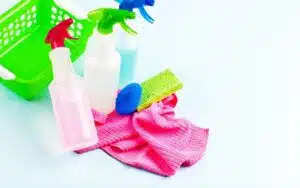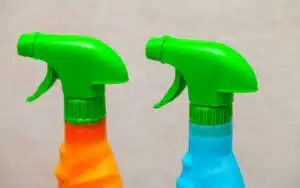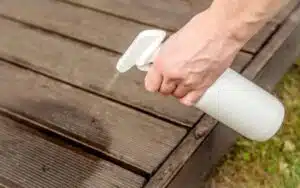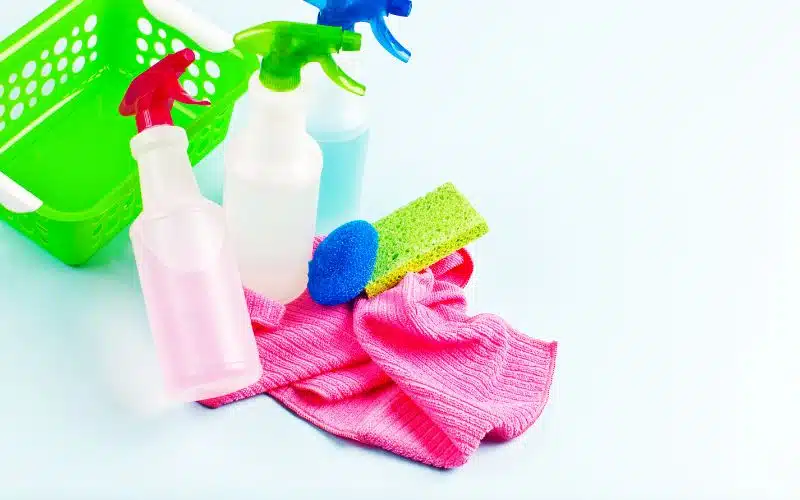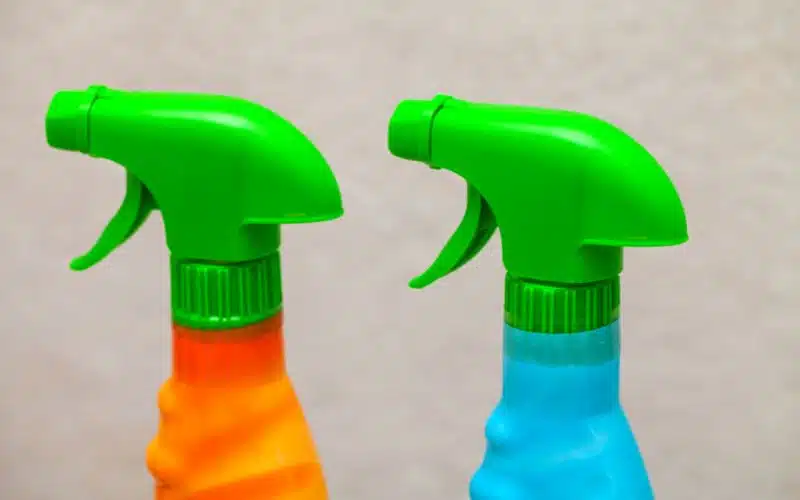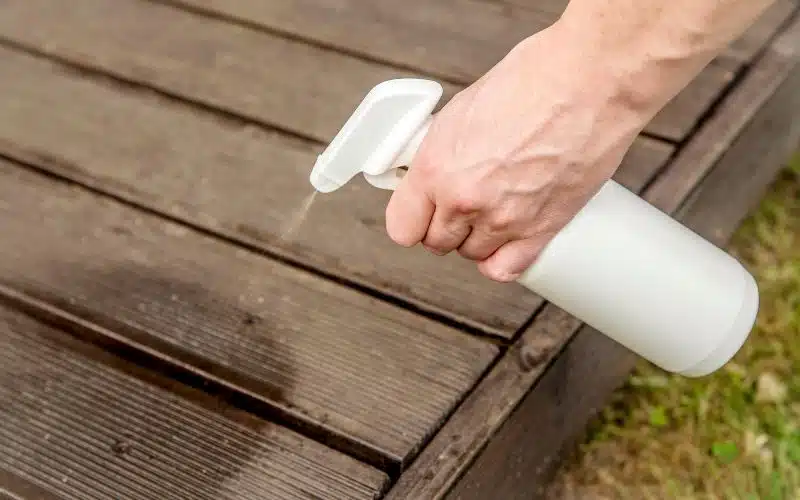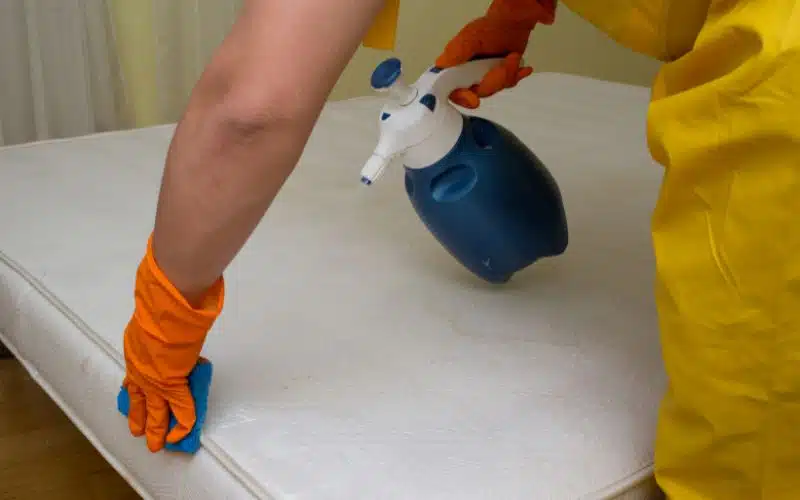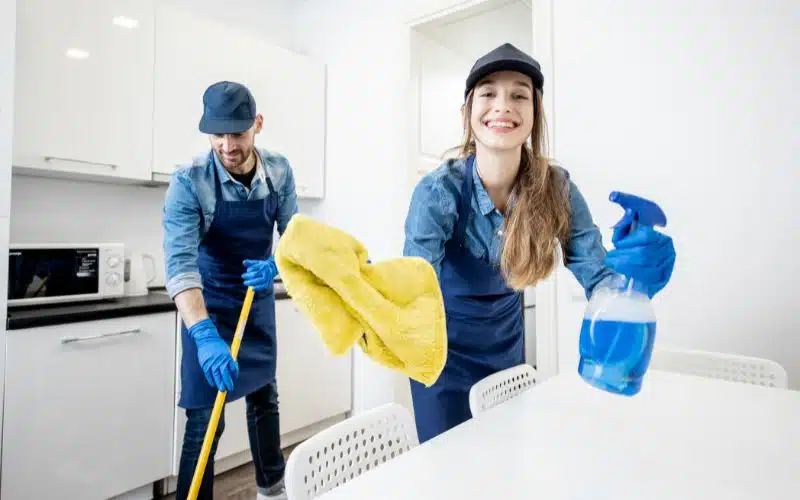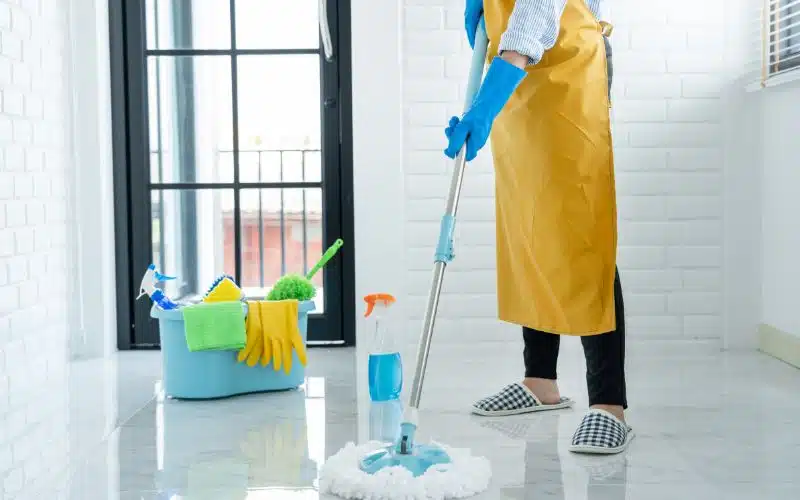The joy of having the entire surface of your household looking shiny and fresh-clean is truly satisfying and overwhelming.
There are numerous house cleaning agents today that getting the proper cleaning spray is somewhat challenging.
The debate about the best cleaning agents for house use is necessary for effective cleaning. Here we’ll take a detailed look into two promising home cleaning agents; Lysol and Pine-sol.
A quick comparison between Lysol and pine sol shows that Lysol home-cleaning agent gains more preference over pine sol. One major reason is that Lysol serves better at sanitary functions than the pine-sol cleaning agent. Lysol kills germs and bacteria, unlike pine-sol, which serves for mere home-cleaning.
Lysol Vs. Pine Sol; Features And Differences
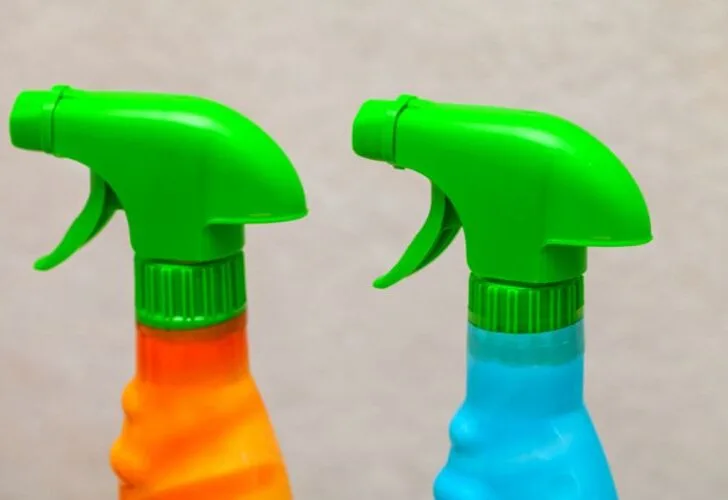
Lysol and pine-sol surface cleaners are among the most wonderful indoor spray cleaners.
However, they are two different products, meaning their focus or purpose of use will be slightly different.
Only a detailed look at their features and differences will show the clear distinction between the Lysol and pine sol cleaning agents.
#1. Features of the Lysol and Pine-sol cleaning agent
The major uniqueness of the Lysol and Pine-sol cleaning agents is their chemical composition.
A good idea of the features of both surface cleaners will allow you to choose which is preferable for your use.
Let’s look at the features of the Lysol and Pine-sol cleaning agents.
#1. Lysol
Lysol is a powerful home-cleaning agent that serves more sanitary purposes. Lysol surface cleaner is a disinfectant that kills bacteria, fungi, viruses, and even house mold.
The Lysol surface cleaning agent has a chemical composition of water, alcohol, glycolic acid, sulfates, and xanthan gum.
As stated above, Lysol cleaners are preferable for sanitary and heavy-duty cleaning rather than merely wiping off dirty surfaces.
Based on its major use for disinfection, it is applicable on porous and non-porous solid surfaces. Usually, it comes with a liquid around 19 cm³ in the volume of its container.
#2. Pine-Sol
The pine sol cleaning agent is a multi-purpose surface cleaning product for household and commercial cleaning purposes.
The pine sol cleaning agent focuses more on removing grease, dirt, and grime from solid surfaces. They contain water, ammonium, alkyl, Dimethyl, Benzyl, and ethanol.
The effect of pine-sol cleaning agent is more effective on a non-porous surface hence its recommendation from the manufacturers.
Not only does it effectively clean off dirt, but it also leaves a powerful pine scent that makes the environment smell nice. It comes standard with a 24 cm³ volume full of the liquid composition.
#2. Difference between the Lysol and Pine-sol cleaning agent
The major difference between the pine-sol and Lysol cleaning products comes from their chemical composition and purpose.
However, the surface recommendation, application method, after effect, scent, market cost, and liquid volume are also good inferences.
So, while both surface cleaners serve the same cleaning purpose, they have a big gap in differences.
Also, you can deduce some striking distinctions between the Lysol and Pine-sol cleaning agents from their pros and cons.
The table below captures the major difference between both surface cleaners on a different basis.
Which Is Better, Pine-sol Or Lysol?
The Lysol cleaning agent is preferable to the pine-sol surface cleaner, which in one sense means it is better.
Both are powerful surface cleaners that serve you as you follow their instructions. So, the preference for Lysol over Pine-sol isn’t a question of effectiveness but rather some added advantages of Lysol.
In addition, the Lysol surface cleaner serves double as a sanitary agent, unlike the pine-sol home-cleaning agent.
It kills germs, bacteria, fungi, viruses, and even mold in homes on its application. Still, it is the best surface cleaner for heavy-duty cleaning, especially if disinfection is in view.
Professional reviews show that the Lysol cleaning agent is a disinfectant during the cleaning process.
So, if the purpose of your home cleaning is sanitary-based, the Lysol surface cleaner is your best bet.
Little wonder it’s recommended use as a preferable surface cleaner for Covid-19 disinfection.
It is worth noting that the effectiveness of either surface cleaner largely depends on the purpose of use.
While both seemingly perform the same cleaning role, the Lysol surface cleaner offers other benefits than the pine sol clean agent.
So, on an individual preferential basis, anyone will go for the Lysol product that kills two birds with one stone.
However, the preference for the Lysol disinfectant doesn’t mean that the pine-sol surface cleaner isn’t good.
Generally, if cleaning is to remove stains and spots, I’ll recommend the pine-sol surface cleaner.
The simple reason is that it effectively removes dirt and leaves the environment with a sweet pine scent.
Can I Mix Pine-sol And Lysol?
Generally, it is not advisable to mix home-cleaning agents; it also applies to pine-sol and Lysol.
A strict and bold written warning aside from keeping away from the reach of children is the non-mixing policy.
It reads thus, “we do not recommend mixing the pine-sol product with other home-cleaning products or chemicals as it can be hazardous.”
Home cleaning agents are composed of several chemicals; sometimes, their reaction with other external chemicals can be toxic.
So, while the pine sol and Lysol surface cleaners are not harmful, their reaction is undesirable.
So, since the Clorox company warns against its mixture, it is better off staying away from such practices as they are fatal.
Now, within the Pine-sol is a reasonable amount of ammonia which is highly reactive with other chemicals.
The Lysol surface cleaner on the other end contains glycolic acid, which will react with ammonia.
The ammonia (base) reacts with the glycolic acid (acid), producing chloramine, which is hazardous to human health.
The mixture of both cleaning agents will sometimes result in burning eyes, runny nose, uncontrolled coughing, and difficulty breathing.
In worst-case scenarios, it causes dizziness, nausea, chest tightening, and sometimes vomiting.
The quickest remedy for such a mixture occurrence is a complete dilution of the mixture. Human health implications resulting from pine sol and Lysol mixture differ per the human immune system.
The intake of the above mixture, regardless of the medium in high concentration, will cause pneumonia and even death.
In some individuals, it will trigger an allergic reaction which can be fatal hence the need to avoid the act.
Is Pine-sol Toxic To Breathe?
The pine sol surface cleaner is toxic and harmful to inhale or breathe, especially in concentrated amounts.
It may be unknown to you, but pine-sol surface cleaner contains some chemicals such as ammonia that are toxic to breathe.
However, the claim that Pine-sol is safe for use regardless of the active chemicals is completely valid and stands assured.
The reason why pine-sol is safe for indoor use is the presence of other chemicals that greatly reduces their effect.
For instance, the pine sol has an overwhelming pine scent that overshadows the effect of ammonia in the compound.
So, from one end, it isn’t toxic as you use it but still toxic when you directly inhale or breathe it.
No chemical cleaning agent removes stains and dirt that are 100 percent non-toxic on breathing.
The truth is that, contrary to the common assumption, the container of cleaning agents doesn’t completely capture all the ingredients.
In most cases, you only see the good and breathing-taking additives that suppress the main active ingredient.
Sometimes, the case is that the exact quantity of the active chemical substance is unknown to the user, which leads to ignorant use.
However, as stated earlier, the Pine-sol formula makes the product safe because it isn’t toxic as you breathe.
For this reason, you must always and at all times be cautious when cleaning surfaces with pine-sol.
Is Lysol Toxic To Breath?
In theory, the Lysol home-cleaning agent is non-toxic during the period of use; however, it is toxic with every breath.
Whatever distorts the normal functioning of the respiratory tract of a living thing is toxic to breathe. It is the two-foldedness of truth as both ends are correct; it is non-toxic but still toxic.
The Lysol surface cleaner is primarily a disinfectant, which kills living things on application. Due to the purpose of its use, it takes a little longer than normal to dry, which is a dangerous spot.
However, as the Lysol gets dried, it becomes practically non-toxic as there are little or no fumes.
Generally, we can agree that the Lysol cleaning agent is safe for use but also hazardous to breathing.
In the case of a mixture with other substances, you will observe that it becomes instantly toxic and causes irritation.
So, even though it is not harmful, its reaction with an external chemical or substance may be fatal.
The Lysol surface cleaner is toxic to human health, and every safety measure must be in place.
A wide range of health implications can result from the improper use or inhalation of the Lysol home-cleaning agent.
Strong warnings precede every spraying process, as captured in the manual. The most common among many health implications is the irritation of the human respiratory tract.
It tends to be toxic for some home pets, especially dogs and triggers certain allergic reactions in humans.
It causes drooling in dogs when ingested and, in some cases, results in seizures, which are toxic to breathe.
Conclusion
Regular cleaning your home and environment is the only way to continue having a shiny and fresh-looking home.
For this reason, it is imperative to make the right choice in home-cleaning agents as per the need for cleaning.
Between the option of having pine-sol and the Lysol cleaning agent, the preference goes to Lysol.



